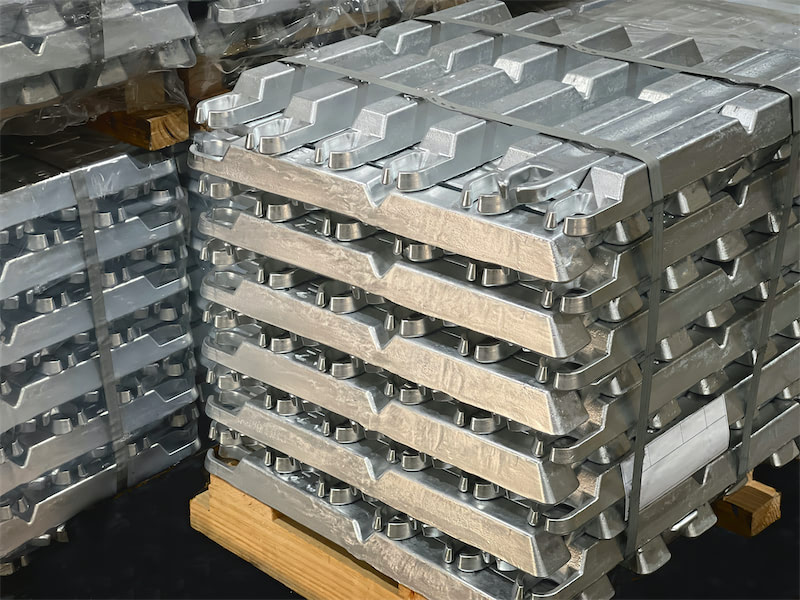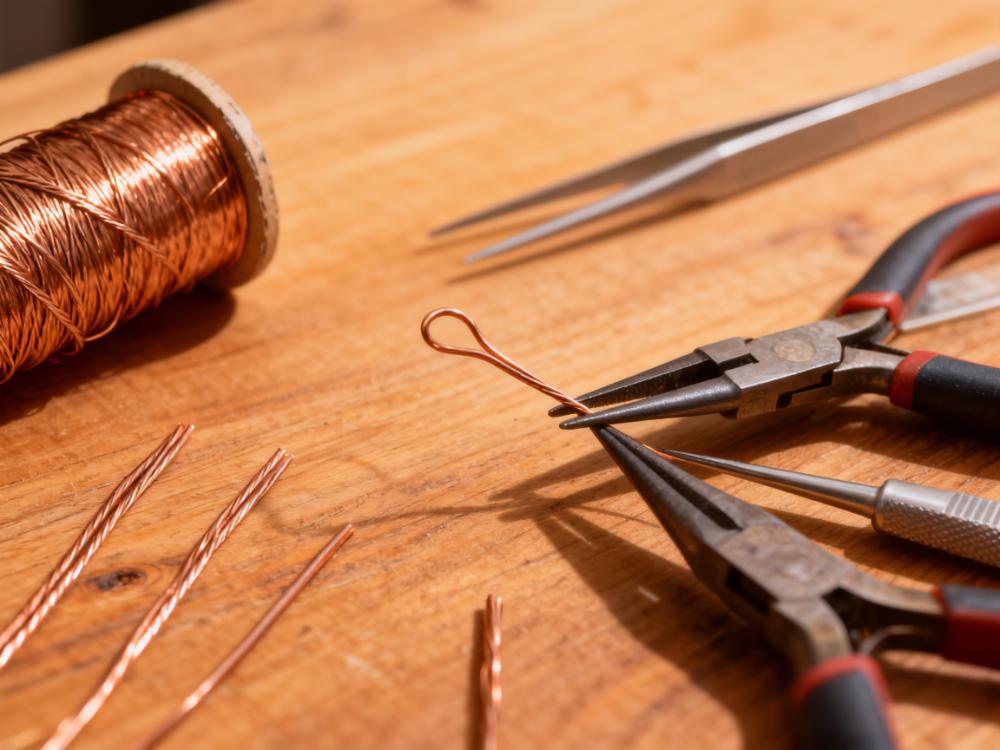The State Council issued the Action Plan for Promoting Large-scale Equipment Renewal and Trade-in of Consumer Goods:
•By 2027, investment in equipment in industries such as industrial, agricultural, construction, transportation, education, cultural tourism, and healthcare is expected to increase by more than 25% compared to 2023.
•The amount of scrapped cars collected is expected to double compared to 2023, used car transactions are projected to increase by 45% from 2023, scrap household appliances collection is expected to grow by 30% from 2023, and the proportion of recycled materials in the resource supply will further increase.
The Action Plan specifies 20 key tasks in 5 areas:
•1. Implementing equipment renewal actions. Promote equipment renewal and transformation in key industries, accelerate equipment renewal in construction and municipal infrastructure, support the update of transportation equipment and old agricultural machinery, and enhance the level of education, cultural tourism, and healthcare equipment.
•2. Implementing consumer goods trade-in actions. Carry out trade-ins of automobiles and household products to promote the replacement of home consumption goods.
•3. Implementing recycling and reuse actions. Improve the network for collecting waste products and equipment, support the circulation and trading of used goods, orderly promote remanufacturing and hierarchical utilization, and promote high-level resource recycling.
•4. Implementing standard improvement actions.
•5. Strengthening policy guarantees.
SMM specifically analyzes the future four-year scrap steel supply situation for the two main industries mentioned in the plan, automobiles and household appliances.
Automobile obsolete scrap is expected to increase by over 50%.
•Relevant policies in the action plan:
The amount of scrapped cars collected is expected to double compared to 2023
"Strictly enforcing the mandatory scrapping standards for motor vehicles and vehicle safety and environmental protection inspection standards, lawfully eliminating old cars that meet the mandatory scrapping standards."
"Optimizing the layout of scrap car recycling and dismantling enterprises, promoting door-to-door pickup services. Improving the recycling channels for office equipment in public institutions. Supporting the development of online trading platforms for scrapped products."
•According to data released by the Ministry of Public Security, the overall trend for the amount of scrapped cars and scrapped cars recycled in China is increasing. However, the calculated overall recovery rate of scrapped cars is still around 50%, indicating a low recovery rate for scrapped cars, with a significant portion flowing into informal dismantling channels.

•Based on the plan of this action and SMM's downstream steel consumption model, we have made predictions on the output of automobile obsolete scrap steel in China over the next four years (only including scrapped cars, excluding production scrap generated from car processing).
•We expect that with a doubling of future car recycling, the automobile obsolete scrap will increase by over 50% by 2027.

•According to public data, since the launch of automobile promotion in countryside policy in 2020, under the continuous stimulation of policies, the sales of new energy vehicles in the second half of 2020, as well as in 2021, 2022, and 2023, increased by 80%, 169%, 87%, and 123% respectively YoY, promoting a rapid growth trend in new energy vehicles. It can be seen that national stimulus and encouragement policies have had a significant effect on promoting automobile consumption, while the improvement of the automobile recycling system has also accelerated the growth of scrapped car recycling volume.

•Regarding the current scrappage regulations for cars in China:
1.For non-operational, privately-owned 5-seater sedans and 7-seater SUVs, there is no specific scrappage age, but once the mileage reaches 600,000 km, they are required to be scrapped. Typically, private cars are used for a maximum of 15 years, covering an annual mileage of around 20,000 km. This scrappage mileage will not affect private car owners.
2.Vehicles that have not passed the annual inspection or have failed to undergo inspections as scheduled will be subject to mandatory scrappage. The current annual inspection regulations for private cars stipulate that new cars must undergo inspections every two years within the first six years, annually from the 7th to the 15th year, and twice a year after 15 years. Failure to attend or failing the inspection will result in mandatory scrappage.
3.Vehicles that exceed emission standards. For vehicles currently meeting the National III emission standard, only encouragement for phasing out has been put forward, without mandatory scrappage.
|
Vehicle types |
Subsidies(yuan/unit) |
|
Heavy truck |
18,000 |
|
Medium truck |
13,000 |
|
Light truck |
9,000 |
|
Mini truck |
6,000 |
|
Large bus |
18,000 |
|
Medium bus |
11,000 |
|
light bus (excluding sedans) |
7,000 |
|
Mini bus (excluding sedans) |
5,000 |
|
Sedan with engine displacement of 1.35L and above |
18,000 |
|
Sedan with engine displacement from over 1L to 1.35L (excluding) |
10,000 |
|
Sedan with engine displacement of 1L and below, special operation vehicles |
6,000 |
•In addition, according to data from the Ministry of Commerce, there are currently over 16 million in-use passenger vehicles in China that meet the National III or lower emission standards, with over 7 million of them being over 15 years old. If the scrappage policy for National III vehicles shifts from voluntary to mandatory, it is estimated that millions of mt of automobile scrap steel will quickly enter the automobile scrap market.
Household appliance obsolete scrap steel will grow by about 26%
•Related policies in the action plan:
"Improving support policies for the disposal of discarded electrical and electronic products, and studying the expansion of the coverage of the discarded electrical and electronic product disposal system. Supporting the construction of clusters for the deep processing of recycled resources such as scrap steel, non-ferrous metals, and waste plastics."
"Formulating or revising recycling standards for discarded electrical and electronic products and other recycled resources."
"The central government will establish special funds to support the recycling and disposal of discarded electrical and electronic products."
•National Development and Reform Commission: The total stock of major household appliances such as refrigerators, washing machines, and air conditioners exceeds 3 billion units, with an average of about 270 million appliances exceeding their safe service life each year.
•As tracked by SMM downstream, the overall household appliance market in China experienced a rebound in 2023, with significant growth in large appliances such as air conditioners, refrigerators, and washing machines. Sales of small household appliances and kitchen appliances also saw varying degrees of growth. Additionally, due to the appreciation of the US dollar, there was also a favorable performance in the export of household appliances.
•Regarding the recycling and production of scrap steel from household appliances: Due to the large and heavy nature of discarded household appliances, they are inconvenient to handle and require significant storage space. Moreover, the current recycling system is imperfect, leading to low profits from appliance disassembly, and recycling companies are reluctant to dismantle household appliances. The proportion of scrap steel in household appliances is relatively small, with low value. Typically, it is dismantled by recycling companies while disassembling non-ferrous metals and precious metals.
•With the Ministry of Commerce and eight other Ministries' notice on improving the recycling system for discarded household appliances and furniture, and the current action plan: Typical cities for the establishment of recycling systems for discarded household appliances and furniture will be developed nationwide. This initiative aims to nurture leading recycling enterprises, promote exemplary experience models, and establish policy and regulatory standards. It is expected that the national volume of discarded household appliances and furniture recycled will increase by over 15% compared to 2023, and the standardized level of recycling for discarded household appliances and furniture will significantly improve. SMM's model predicts that household appliance scrap steel will grow by about 26% over the next four years.

•Currently, China's mandatory scrappage standards for household appliances and related legislation are still lagging behind. At present, only the service life of instantaneous water heaters using artificial gas is stipulated to be 6 years, while for instant water heaters using liquefied petroleum gas and natural gas, the service life is set at 8 years. For most other household appliances, there are either no relevant standards or only group standards issued by associations.
•Partial household appliance safety service life guidelines issued by the China Household Electrical Appliances Association:
|
Household appliances |
Safety service life (year) |
|
Refrigerator |
10 |
|
Wine Cooler |
10 |
|
Washing Machine |
8 |
|
Dryer |
8 |
|
Air Conditioner |
10 |
|
Gas Stove |
8 |
|
Range Hood |
8 |
|
Storage Water Heater |
8 |
"Reverse Invoicing" may help resolve the first invoicing issue in the industry
•Related policies in the action plan:
Improving tax support policies... Promoting the practice of "Reverse Invoicing" for resource recycling companies to sell scrap products to individuals. Coordinating with value-added tax simplified collection policies for recycling companies, studying and improving supporting measures for income tax administration, optimizing tax administration standards and methods.
•"Reverse Invoicing" refers to a process where invoices are issued in the opposite direction compared to the conventional process, with the payer issuing the invoice to the payee. The implementation of Document No. 40 in 2022 and the more detailed execution plan introduced in 2023 aimed to reduce the tax burden on enterprises, address difficulties in front-end billing, but in practice, did not effectively solve the primary invoicing issue in the scrap steel industry.
•However, the latest action plan currently lacks further details on whether this promoted "Reverse Invoicing" allows for value-added tax deductions, restrictions on circulation areas, limits on the quantity and amount of invoices, among other specific issues. It is expected that subsequent policies with more detailed information will be continuously introduced, and SMM will continue to monitor the policy trends in the scrap steel industry.
![Before the holiday, the black chain is unlikely to see a trend-driven market [SMM Steel Industry Chain Weekly Report].](https://imgqn.smm.cn/usercenter/zUFfM20251217171748.jpg)

![The Most-Traded SHFE Tin Contract Opened Lower and Then Traded Stronger, Spot Market Recovers Amid Downtrend [SMM Tin Midday Review]](https://imgqn.smm.cn/usercenter/WWXJU20251217171753.jpg)
